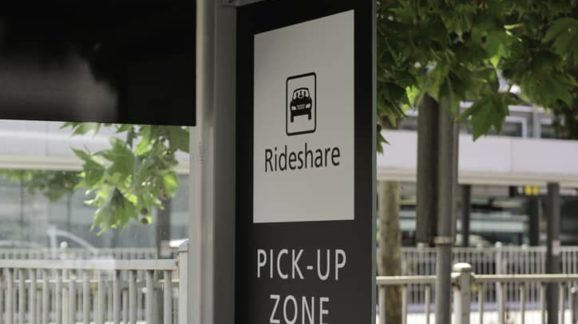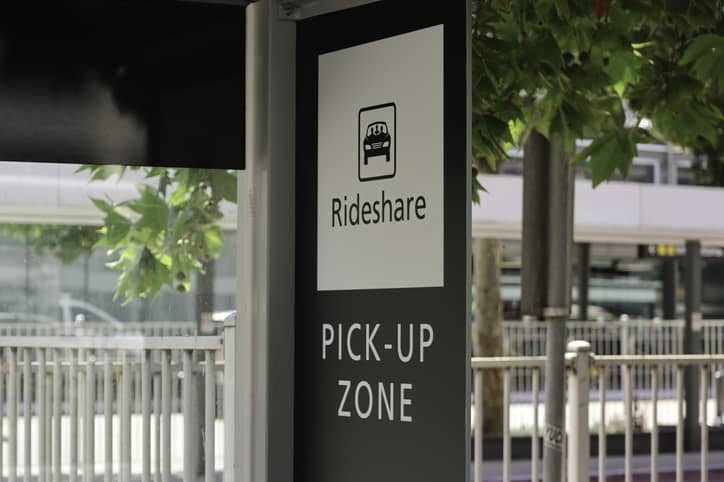Can You Have Worker Representatives without Unions? Uber Hopes So

Photo Credit: Getty
 Rideshare company Uber is trying to find a way to allow its drivers to collectively express any grievances or concerns they have without having those drivers form a union. The company is promising that it will meet with driver representatives to hear their concerns. That is very hard to do under U.S. law but Uber apparently thinks it can thread the needle.
Rideshare company Uber is trying to find a way to allow its drivers to collectively express any grievances or concerns they have without having those drivers form a union. The company is promising that it will meet with driver representatives to hear their concerns. That is very hard to do under U.S. law but Uber apparently thinks it can thread the needle.
In a proposal published last week on Uber’s website titled “Working Together,” the company pledged to, among other things, “engage with representatives who can speak credibly to the interests of drivers and delivery people; representatives with whom we can have an ongoing conversation and who can hold us accountable.”
It is a nice sounding idea: Get a panel of, say, a half-dozen drivers and invite them to chat over coffee. Give them an opportunity to sound off on things the company is doing that tick them off. The thing is, U.S. workplace law restricts this role almost exclusively to unions. Uber contends that its drivers are not employees, but independent contractors. Only employees can form unions.
The worker representative idea therefore is Uber’s attempt to find a way to address the criticisms it’s not treating its drivers well and still maintain its contractor-based business model. California Governor Gavin Newsom and others are trying to force rideshare companies to categorize the drivers as employees, a move cheered by the unions that want to organize the drivers.
The National Labor Relations Act (NLRA), the main federal law covering this, basically says that if the worker group acts like a union, it is a union. “The term ‘labor organization’ means any organization of any kind, or any agency or employee representation committee or plan, in which employees participate.” Note the “of any kind” part.
The NLRA further states that that management cannot “dominate or interfere with the formation or administration of any labor organization or contribute financial or other support to it.” The intention here is to prevent any situation where management would be able to influence the work representatives because that would be an obvious conflict of interest.
The “dominate” part has traditionally been broadly interpreted. If the employer has any part in creating the entity that represents the workers or provides it with even token financial support, that could be enough to trip the law. Essentially, the employee group has to be a grassroots organization initiated by the workers themselves.
Management can meet with independent worker groups if they exist. The thing about these independent groups is that most either operate with assistance from unions or are straight-up controlled by labor. A grassroots worker group that doesn’t have existing union ties will probably have unions trying to get involved as soon as the group starts meeting with management.
This is not to say there is no way for management to hear workers’ concerns about workers short of having a union. The other idea presented in Uber’s proposal is polling and surveying the workers then putting the full results online. That is a good idea and certainly doable for an app-based company. Instead of meeting with a delegation of worker representatives, try to hear from all the workers at once, or at least as many as who will respond to pollsters
But meeting with worker groups while trying to keep unions at bay? That’s a different matter entirely. There are a lot of potential legal land mines in that path.